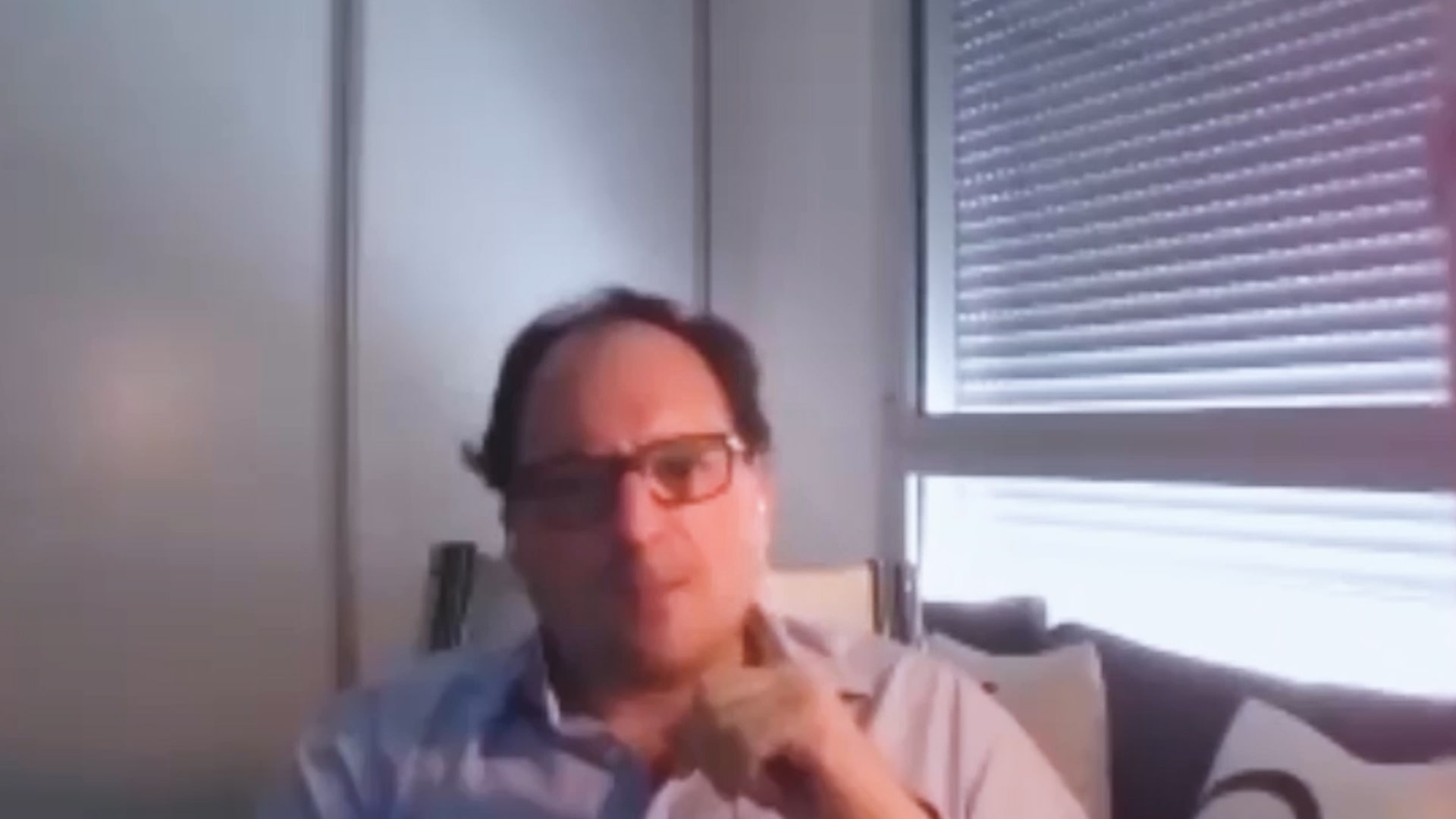
The Future of Hotel Distribution
Former Head of Google Travel Vertical Search
inpractise.com/articles/hotel-distribution-outlook
Why is this interview interesting?
- How hotels can drive direct distribution over the next 5 years
Javier Delgado Muerza
Former Head of Google Travel Vertical Search
Interview Transcript
In your mind, do you believe then, five years, seven years, what type of timeframe are you looking at, when you actually believe that hoteliers will be really clawing back distribution in this world? Is that your view?
Again, it really depends. When we talk about hoteliers, there are hotel chains in Greece or in Italy or in Spain, who don’t even have a website and don’t want to have a website and they rely, 100%, on distribution, to sell the rooms. That’s absolutely fine. On the other hand, you have small chains, for example, CitizenM, who have a beautiful set of about 15 to 20 properties, so quite small, and they have a very aggressive stance on selling directly. You have the big Hiltons of the world who are taking a very aggressive stance to sell direct. The point is, it varies a lot, from company to company and from region to region. But overall, we are going to need more of the OTAs, because they have the ability to respond faster.
This is like a pendulum. It goes from one side to the other and it’s always swinging and probably, it will never find the right equilibrium. The market is very, very dynamic and you don’t know what is going to be next. The need for distribution is always going to be there. The perishability of the inventory, as we said, it’s extreme, so you are going to need to diversify. Even if we could sell our Barcelona property, 100% online, it wouldn’t be wise to do so. My answer to you is that it’s a pendulum. It’s going to be constantly moving from one side to the other. Depending on your needs and your reality, you’re going to need to lean more to one side of the pendulum, or to the other side.
We’re likely to see a shift towards, at least more direct distribution than we’ve had in the past?
In general terms, if you think about five, 10 years from now, absolutely yes. If you look five to 10 years back, we’ve already seen that happen. The megatrend is going to stay. In the short term, in the next six, 12, 18 months, the OTAs are going to gain power, but I don’t think they are going to alter the overall curve of direct distribution. At least, they are not going to flatten it. They might plateau it a bit and then it will continue again.
Let’s say I’m running a small, independent hotel or a couple of hotels, what should I be concentrating on, in terms of the website, in terms of how I approach distribution, the conversion? I know this is a five, 10-year story, but what are the key variables to focus on, in your opinion?
First of all, measurement. By measurement, I don’t mean the website metrics, I mean, you are independent, the William Barnes hotel, up in some city in the US or the UK, how much is it costing me to sell this room over Booking? Is it costing me the 18%, the contract commission, plus the Genius commission, which is another 10%? What are the credit card costs? That might be another 1%. What’s the fraud cost? Do the simple math and really stack up all the costs attached to your channel. Booking is probably going to be, if not the main one, a very significant one. Expedia is going to be the next one up, on the top five, as well. Compare your top five. Really go in depth. I’m talking one morning; you don’t need to spend a year analyzing this. Look at what the real cost is, attached to each one.
Based on that, start making some projections and some assumptions, to really see what the ideal GOP is, because you will be amazed. By shifting from here to there, if your website is the one bringing you the most money, the impact it may have in a five-year plan; it can be massive. For a small hotel, it could be massive. Then think about customer acquisition cost and lifetime value.
Copyright Notice
This document may not be reproduced, distributed, or transmitted in any form or by any means including resale of any part, unauthorised distribution to a third party or other electronic methods, without the prior written permission of IP 1 Ltd.
IP 1 Ltd, trading as In Practise (herein referred to as "IP") is a company registered in England and Wales and is not a registered investment advisor or broker-dealer, and is not licensed nor qualified to provide investment advice.
In Practise reserves all copyright, intellectual and other property rights in the Content. The information published in this transcript (“Content”) is for information purposes only and should not be used as the sole basis for making any investment decision. Information provided by IP is to be used as an educational tool and nothing in this Content shall be construed as an offer, recommendation or solicitation regarding any financial product, service or management of investments or securities.
© 2026 IP 1 Ltd. All rights reserved.


